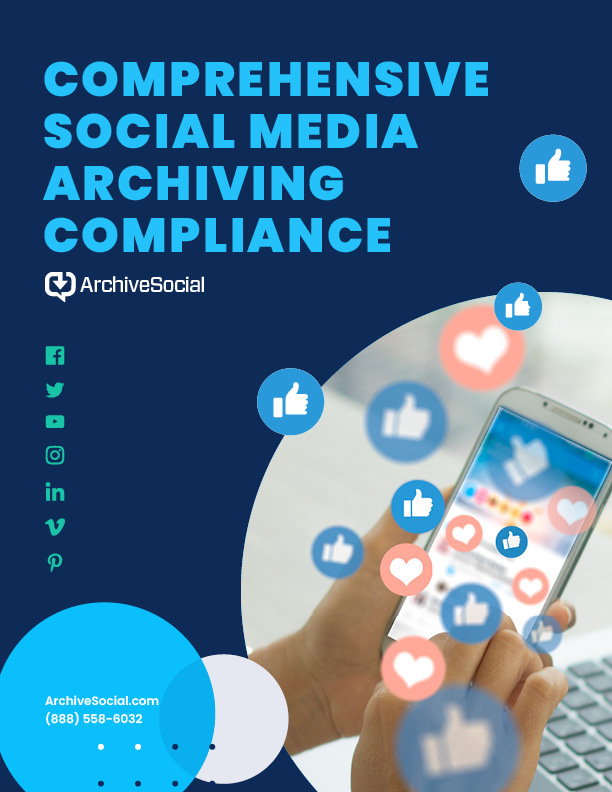Welcome to the club, Virginia! The state of Virginia has officially joined the ranks as a thought-leader in governmental use of social media. Along with other members of this club like the of states like North Carolina, Washington, and Texas, Virginia’s use of social media is commendable not just for its implementation, but also for the policies ensuring that its realization matches the state government’s fundamental obligations.
Virginia’s successful public engagement
First off, the state of Virginia uses the likes of Twitter and Facebook to communicate with citizens quickly, especially concerning storms and road conditions. A major advantage of social media is that information can be passively disseminated almost instantly to a far-reaching network of people. For instance, @VDEM, the Virginia Department of Emergency Management, was able to provide more than 10,000 of its followers with information about an emergency shelter during a snowstorm that knocked out power and led to severe traffic delays.
And while VDEM worked on a macro-scale in broadcasting information during this mid-January storm, its partner, @VDOT, the Virginia Department of Transportation, went on a micro-scale. Responding to those tweeting at VDOT with questions during the same storm, VDOT was able to engage with individual citizens and personally give them the information they needed. The ability of social media to be both far-reaching and personal was thus harnessed successfully by these Virginia Departments in their mission to help citizens navigate the storm safely.
A social media records thought-leader
Virginia’s engagement with social media is only one part of its knockout success, however. Importantly, Virginia has recognized the need to ensure social media communications align with its obligations as a public institution. One such requirement is preserving and maintaining all public records. Citizens have the right to view public documents created by the government in the spirit of government transparency. Given the meteoric rise of social media, laws have been slow to recognize the need to keep records of government social media activity. However, government communications through social media is not different than email, and censorship or deletion of comments or tweets can raise questions of first amendment rights as well as the now erased these public records.
Addressing social media recordkeeping head-on, the Library of Virginia officially released guidance on social media records management. It addressed the points above explicitly enough to make it clear that posts on social media sites are generally subject to the same recordkeeping requirements as other public communications. Along with a handful of other states in the US, Virginia’s guidance on this front is notable and places it at the leading edge of government use of social media. Virginia has successfully utilized social media, and now its use it being institutionalized to conform with its ambitions, joining an exclusive club that we hope one day will include 50 member-states.



